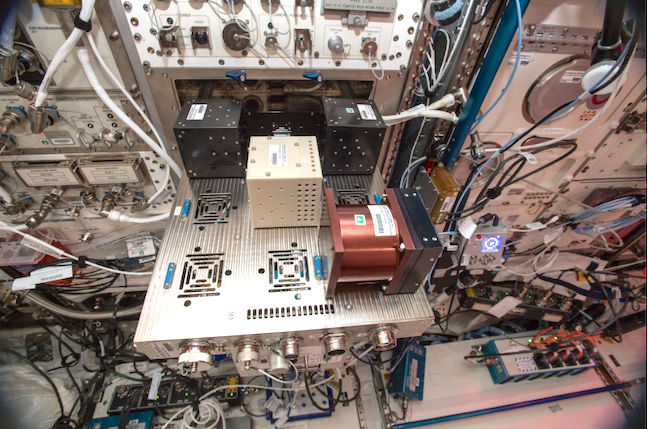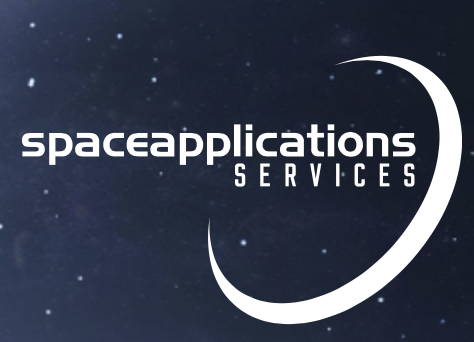
These small but mighty satellites can travel to the International Space Station (ISS) and assist any variety of enterprises with a simple, cost-effective way to fly research, technology or any activity on-board the ISS, thus opening up the research capability of the space station to the communities that will help to develop the LEO economy.

SpaceApps is a pioneering ISS research service that enables commercial companies, educational institutions and researchers to conduct experiments in space environment, developing the LEO economy.

Space Applications Services (SpaceApps), developer and integrator of systems and payloads for the International Space Station (ISS), on-orbit servicing and lunar destinations, will showcase its ground-breaking ICE Cubes service to delegates at IAC 2019 in Washington, DC from 21-25 October at booth 481.
ICE Cubes describes their services as a simple, cost-effective way to fly research, technology or any activity on-board the ISS, opening up the research capability of the space station to the communities that will help to develop the LEO economy. This will be critically important to ensure that the ISS remains relevant when it is opened up to commercial opportunities.

ICE Cubes provides fast access to space for any researcher, company, school and university around the world. ICE Cubes payloads (from as small as 1U) are ideal to conduct scientific experiments, perform R&D in space and pursue in-orbit demonstration and validation of technologies.
Richard Aked, CEO, SpaceApps said that making space a part of every-day value chains and businesses is vital to ensure that the LEO economy becomes viable for humanity in the future. In opening up access to this unique environment, they are allowing commercial entities as well as young people in research institutes the opportunity to see what they can do in space. It’s no longer the preserve of space agencies and huge technology companies but access is being democratized for all. It’s about real people seeing how they can benefit from space and how they develop a new future in the space environment.
Fast-track access through ICE Cubes allows the development of disruptive innovation for R&D in pharma, biotech, novel materials, food, crop science, regenerative medicine and other highly relevant areas that actively benefit humanity through LEO environment assets. The access to a space environment also allows technology companies to validate and demonstrate their technologies, processes and systems and raise related TRL levels before bringing space technologies to their respective market.
Richard continued that the beauty of the ICE Cubes service is that they are regularly delivering and returning payloads to the ISS and users can also interact in real-time with their experiments over the internet, allowing them to send commands and to receive telemetry in real-time. They look forward to seeing the incredible developments that ICE Cubes will influence.
ICE Cubes has a strategic partnership with ESA and is an accredited implementation partner with the ISS U.S. National Lab that is responsible for operating the U.S. portion of the ISS as one of the national laboratories for use by non-NASA U.S. government agencies, academic institutions, and the private sector.
